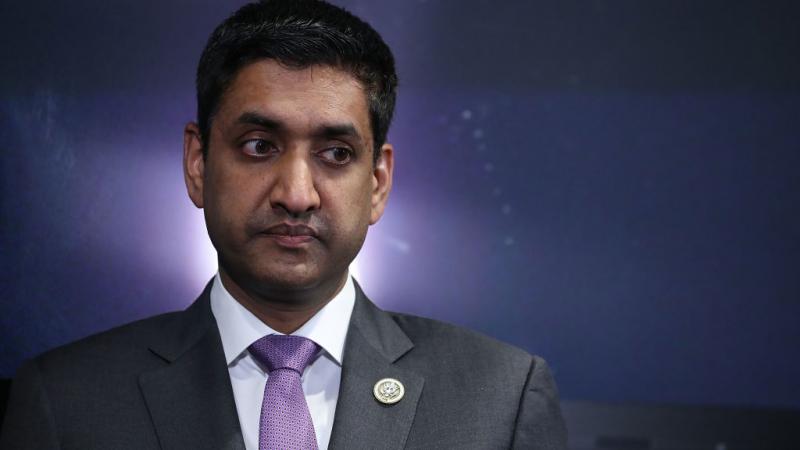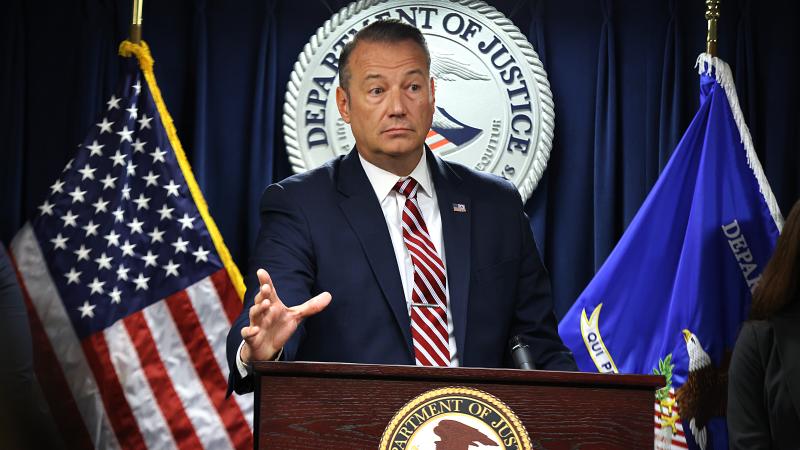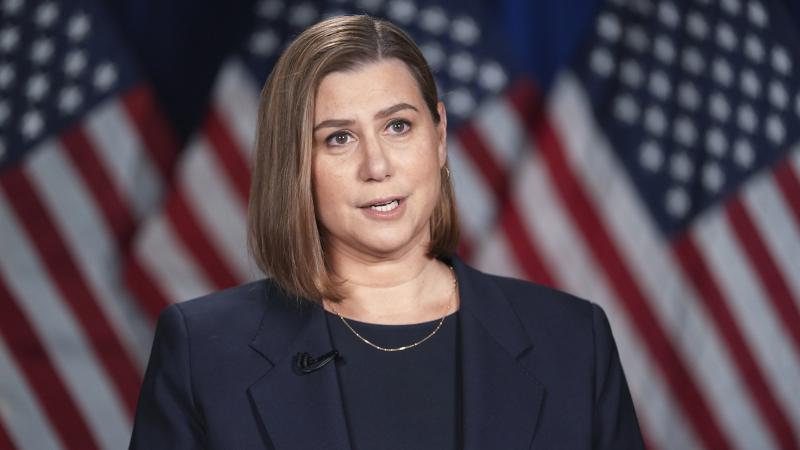Amended gender transition ban bill clears NC Senate, goes back to House
The governor, an advocate for LGBTQ rights, is expected to veto the legislation.
Legislation to ban gender transition procedures, puberty blockers, and cross sex hormones for minors moves back to the House following Senate approval on Tuesday.
Senators voted 29-16 late Tuesday afternoon to approve a committee substitute for House Bill 808, which cleared the lower chamber 74-44 in May with two Democrats voting with the majority. If House members vote to concur, the bill will move to Gov. Roy Cooper.
“This bill is about keeping our children safe,” said Sen. Joyce Krawiec, R-Forsyth.
Senate Democrats attempted to amend HB808 without success, describing the legislation as “government overreach” and “political opportunism” that would hurt children with gender dysphoria and result in lawsuits. The Senate went into recess following the vote as protesters shouted at lawmakers.
HB808 would take effect on Saturday, the first day of July, or when the bill becomes law.
A Senate version of HB808, Senate Bill 639, has languished in the upper chamber’s rules committee, while lawmakers last week reworked the Senate’s Fairness in Women’s Sports Act, Senate Bill 631, to prohibit state dollars and public health care facilities for “gender transition procedures on minors.”
SB631 cleared the House with a vote of 66-47 and is now pending in the Senate rules committee ahead of concurrence in the upper chamber.
HB808 would prohibit North Carolina medical professionals from performing surgical gender transition procedures or prescribing puberty-blocking drugs or cross sex hormones for minors. The bill includes exceptions for medical conditions unrelated to gender transitions, and for certain gender transitions for minors initiated before Aug. 1.
“A violation of any of the provisions of this Article by a medical professional shall be considered unprofessional conduct and shall result in the revocation of the medical professional’s license to practice,” the bill reads.
Senate Democrats opposed in committee cited reduced suicide rates for transgender children who undergo “gender-affirming care,” and disputed statistics presented by other lawmakers and public speakers to the contrary.
Stephen Klein, a medical doctor, testified in the Senate Health Care Committee that puberty blockers are associated with higher rates of suicide, noting estrogen and testosterone are critical for proper brain development.
Up to three-quarters of youth who question their gender resolve the issue by late adolescence, he said.
Prisha Mosley, a 25-year-old who detransitioned after gender surgeries to transition to male as a teen, also testified about the permanent damage she now suffers, including the likely inability to bear children.
LGBTQ advocates have decried HB631, HB808 and HB574, the House version of the Fairness in Women’s Sports Act, as a “slate of hate” and have rallied against the measures at the capitol and online. HB574, which restricts biologically male students from participating in girls sports, gained final legislative approval last week and is now on Cooper’s desk.
The governor, an advocate for LGBTQ rights, is expected to veto the legislation. Republicans in both chambers of the General Assembly hold the requisite three-fifths supermajority to override if all are united and present.















